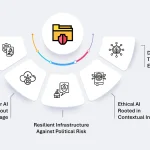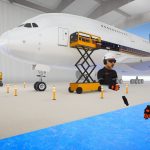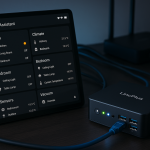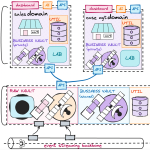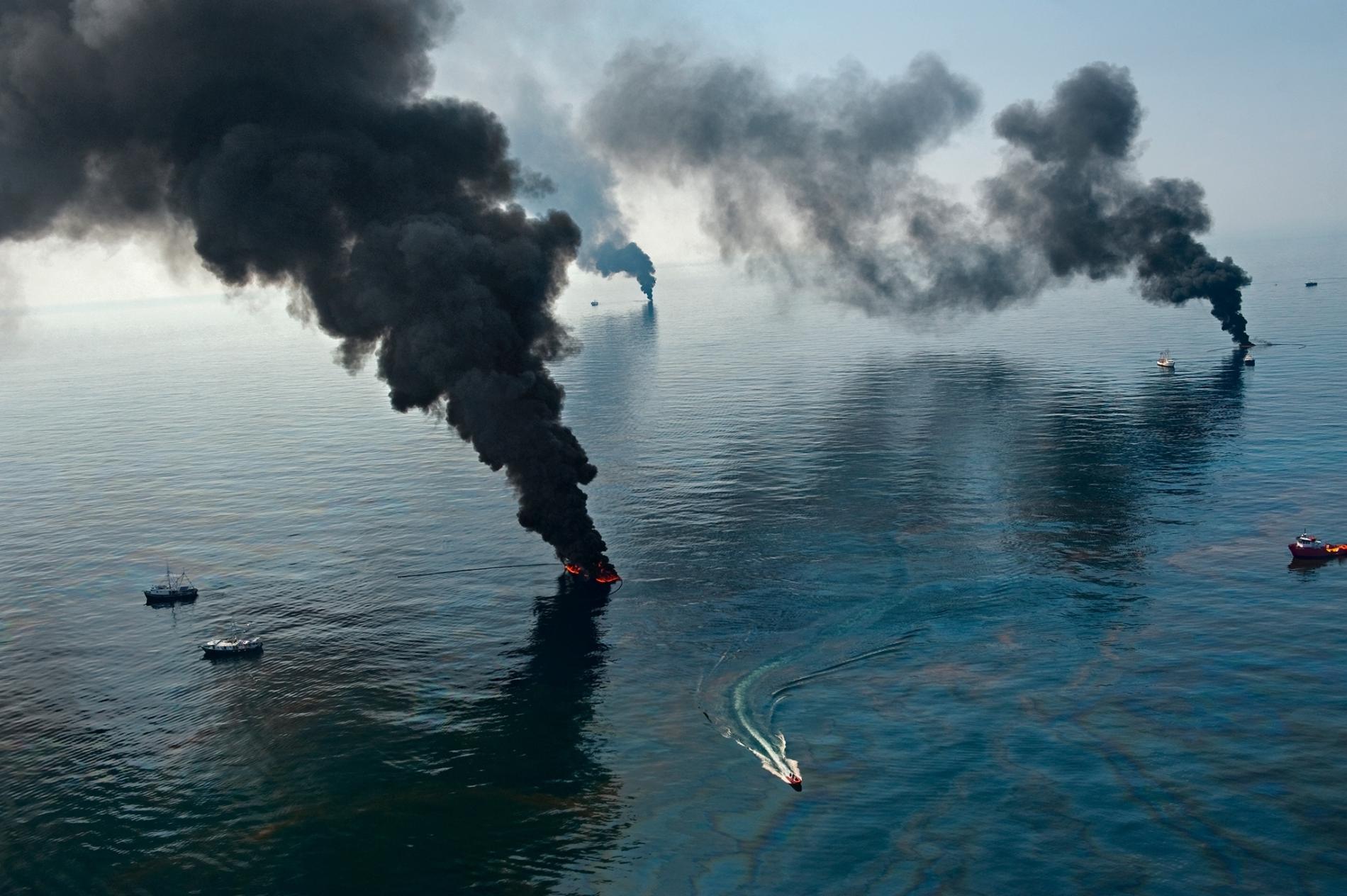
It was a sad and fateful day, April 20, 2011, when the Deepwater Horizon drillship caught fire and exploded while drilling the BP Macondo oil prospect. Eleven people lost their lives. Two days later, on April 22, the Deepwater Horizon sank to the sea bottom. The largest spill of oil ever in marine drilling operations ensued. It took several more months, 87 days to be exact, to contain the oil spillage, during which time 4.9 million barrels of crude were released into the Gulf. In addition to the human tragedy, the effects on the environment were devastating, with tens of thousands of birds, fish, sea turtles, and marine mammals killed. The federal government severely curtailed oil and gas operations. The tragic accident changed the playing table for exploration and production in the Gulf of Mexico forever.
A New License to Explore
Oil and gas operators in the Gulf and the world over know that the rules are different now. In order to be able to carry on with offshore drilling programs, a new and heightened level of safety and care is needed. Spills such as these will no longer be tolerated. BP, who was found to be primarily responsible because of its “gross negligence and reckless conduct, was mandated to pay a record $18 billion in fines.
Companies are again operating in the Gulf, exploring for and producing the oil and gas our nation and world needs. Environment, health, and safety have been significantly ramped up in these firms. Everyone wants all wells drilled safely and in an environmentally sensitive manner lest their new license to explore be revoked.
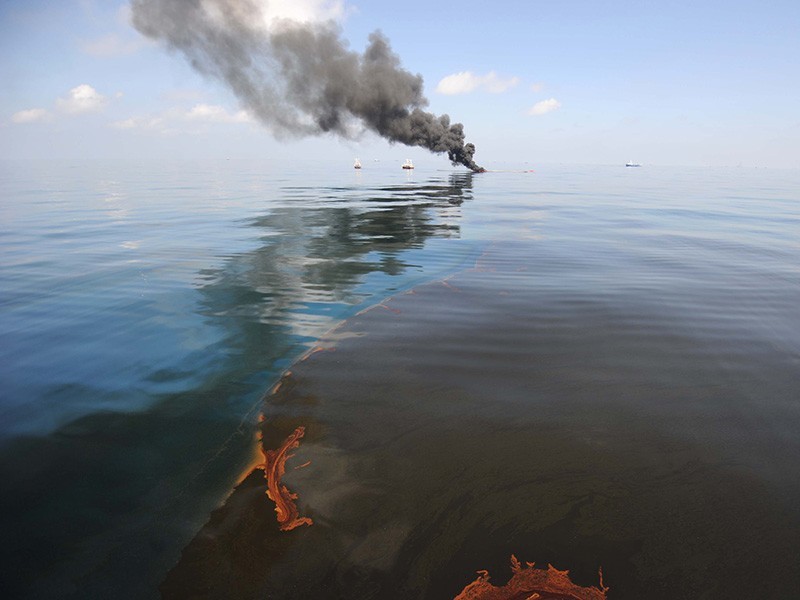
Safe and Sane Well Completions
Increasingly, Deepwater Gulf of Mexico Completions are using cutting-edge technology and surveillance to maintain safety and preserve our ecologic heritage. These days, offshore contracting companies are highly dedicated to the health and safety of their customers, employees, and ocean environment. Because of the Deep Water Horizon disaster, these firms are using the industry’s best safety training programs. Redundancies at all levels have been increased so that major accidents are completely avoided. Independent evaluating agencies and government regulators are ensuring safe work practices and continuous improvement in safe operations by these companies. Attention to quality has never been higher.
Companies such as PRT Offshore exist to make safe oil-and-gas drilling a reality in the offshore working environment. It’s a good thing for our country that they do.

